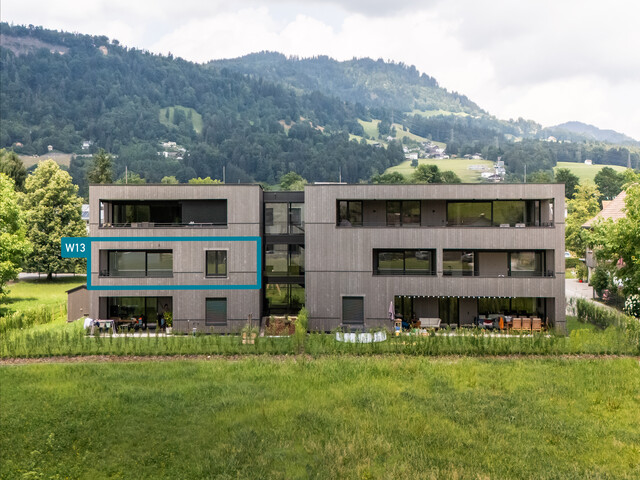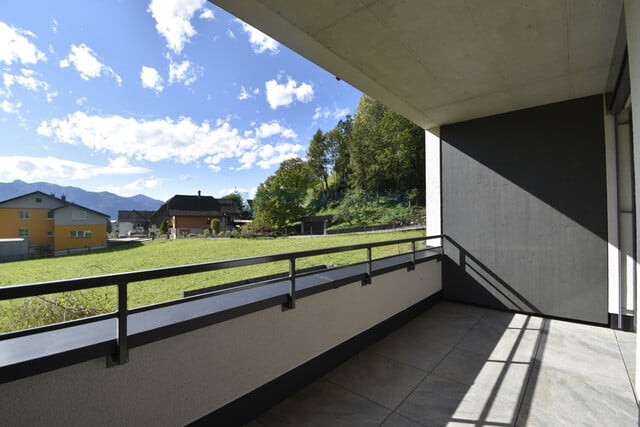Neutrality for Rosenkranz "very special state goal"

On the occasion of the 70th anniversary of the Neutrality Act, top politicians and experts from Austria and Switzerland discussed the current significance of neutrality in Parliament on Monday. While National Council President Walter Rosenkranz (FPÖ) described it as a "very special state goal, almost an icon," his Swiss colleague Maja Riniker was more pragmatic, admitting that Switzerland could not protect itself against threats alone.
Rosenkranz on Neutrality
In his opening statement, Rosenkranz emphasized that neutrality secured Austria's freedom after World War II and prevented a division. For neutrality, Austria also received guarantees from the four main victorious powers of the war, including the Soviet Union as the predecessor state of Russia. "What does this guarantee look like today, because both sides of this coin belong together," said Rosenkranz, referring to neutrality, which in his view apparently needs to be maintained for further good behavior of the victorious powers.
Austria decided on neutrality in 1955 "with the intention of being a peacemaker in the world," said Rosenkranz. Today, however, peace negotiations take place in countries like Hungary, which shows "that we have lost some ground there. We should work on achieving this status again."
The FPÖ politician emphasized that Austrian neutrality was modeled after the Swiss example. "But it was not really adhered to from the beginning." Therefore, the event with politicians, lawyers, and defense experts from both countries should work out "what the Swiss model actually is."
Neutrality and Sky Shield
The event clearly showed that the Swiss view their neutrality more pragmatically. While international law expert Peter Hilpold and FPÖ member of parliament Susanne Fürst questioned the compatibility of Austrian neutrality with the Sky Shield initiative, Riniker and Swiss senior official Joachim Adler were relaxed regarding their country.
The goals associated with Sky Shield "are easily compatible with neutrality from a Swiss perspective," emphasized the head of defense policy at the Swiss Ministry of Defense. It is only about procurement and interoperability in case of emergency, "and we can pull the plug at any time if we feel uneasy about the compatibility," said Adler. He stressed that neutrality must be handled flexibly. "The more rigid the neutrality policy, the more difficult it becomes to adapt it to the situation, the greater the risk that it will lose its value."
"Means of Our Foreign Policy"
Riniker emphasized that Switzerland views neutrality merely "as a means of our foreign policy." It should provide the state with as many options for action as possible, but it does not mean indifference towards those who violate international law. Therefore, Switzerland has also participated in the sanctions against aggressor Russia.
The liberal politician made it clear that Switzerland cannot defend itself militarily alone. "A good defense strategy is unthinkable without international cooperation." Therefore, they cooperate with NATO and reject the neutrality initiative pursued by the right-conservative Swiss People's Party (SVP) because it would restrict the country's scope for action. "We must be aware that neutrality is not an automatic shield."
The Geneva historian Irène Herrmann traced the changes in Swiss neutrality, which has lasted almost 200 years, in her lecture. For example, the Confederation has not always adhered to international law, such as through financial dealings with Nazi Germany during World War II. "After 1945, Switzerland was therefore on the side of the moral losers."
The contributions of the Austrian experts mainly discussed participation in EU defense policy. Hilpold emphasized that Austria is financially equally involved in the "Peace Facility," which, among other things, procures weapons for Ukraine. "From a neutrality law perspective, it makes little difference if a certain amount is provided for weapons or for medical supplies," said the international law expert.
The former Chief of General Staff and ex-EU top general Robert Brieger spoke in this regard of a "field of tension," which should be resolved with a compromise of solidarity and neutrality. However, it is an "open question" how long neutrality will remain viable in light of increasing networking in EU defense policy. This applies, for example, if the EU increasingly takes on tasks of territorial defense instead of NATO in the future.
SPÖ Wants "Active Neutrality Policy"
In the subsequent panel discussion, top representatives of the five parliamentary parties reaffirmed their respective positions. Fürst emphasized that Austria "must insist on our neutrality more than ever" and called for a referendum on Sky Shield. Together with Switzerland, they should create "a small Central European oasis" that can convey the contribution of neutrality to the world.
"If we think of neutrality in the strictest sense, it means isolation, it means leaving the European Union," countered the Green defense spokesperson David Stögmüller. His SPÖ colleague Robert Laimer described it as a "strategic advantage" that Austria is the only neutral EU member on the continent and advocated for an "active neutrality policy." ÖVP representative Friedrich Ofenauer said that Austria could already legally contribute more to defense policy at the EU level "than we politically want. That is something to work on."
NEOS Secretary General Douglas Hoyos said that politicians should "not just look at polls," but should convince the population of a vision. "That's what we do. We see the future only in a strong Europe," he reaffirmed his party's commitment to a joint EU defense policy with Austria's participation.
(APA/Red)
This article has been automatically translated, read the original article here.
Du hast einen Hinweis für uns? Oder einen Insider-Tipp, was bei dir in der Gegend gerade passiert? Dann melde dich bei uns, damit wir darüber berichten können.
Wir gehen allen Hinweisen nach, die wir erhalten. Und damit wir schon einen Vorgeschmack und einen guten Überblick bekommen, freuen wir uns über Fotos, Videos oder Texte. Einfach das Formular unten ausfüllen und schon landet dein Tipp bei uns in der Redaktion.
Alternativ kannst du uns direkt über WhatsApp kontaktieren: Zum WhatsApp Chat
Herzlichen Dank für deine Zusendung.








